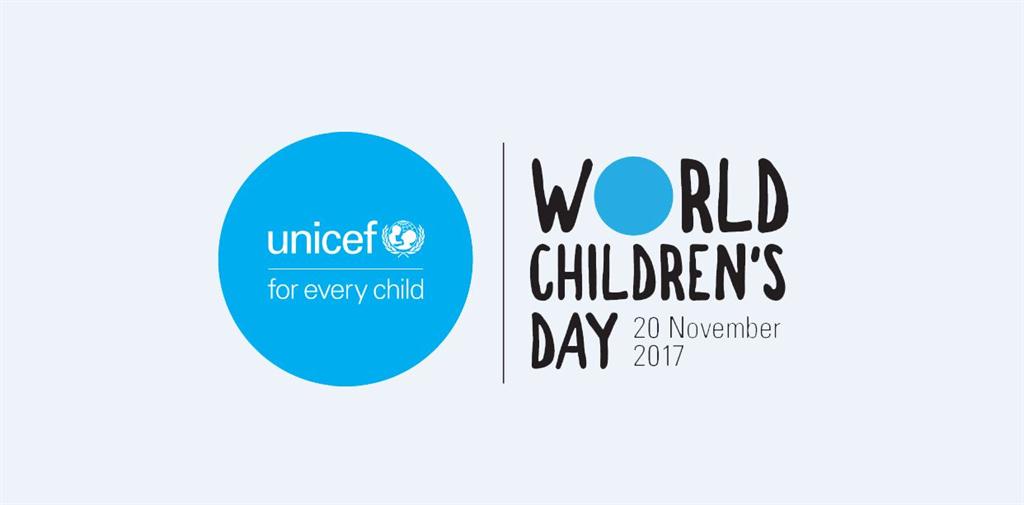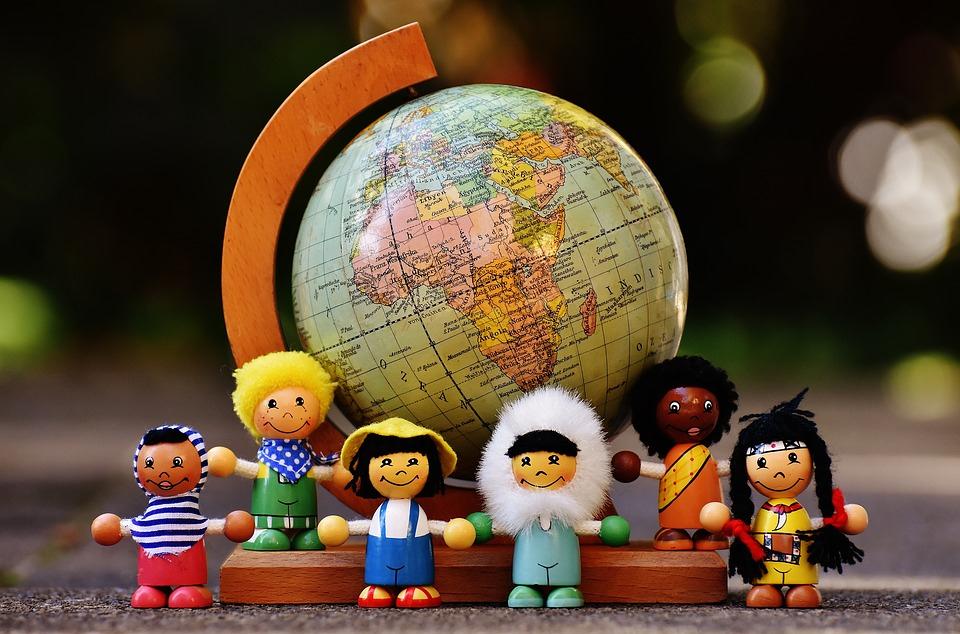A focus on our children
Despite progress, 180 million children face bleaker prospects than their parents – UNICEF
ber marks the day that the Convention on the Rights of the Child (CRC; United Nations 1989) was formally adopted by the UN General Assembly. This day is now called the World Children’s Day and is used to promote international togetherness, awareness among children worldwide, and improving children's welfare.
World Children’s Day is a day ‘for children, by children’, when children from around the world will be taking over key roles in media, politics, business, sport and entertainment to express their concerns about what global leaders should be focusing on, and to voice support for the millions of their peers who are facing a less hopeful future.
Namibia celebrated the day in Swakopmund with about 30 girls and boys age 12-18, from various local schools. Using various social media tools, children communicated issues affecting them, and delivered a Namibian World Children’s Day Declaration to the UNICEF Representative and the Mayor of Swakopmund. The children also participated and presented Radio and TV media programmes and wrote articles for newspapers.
“The children gathered here today are a generation of Namibian children born protected by the Convention on the Rights of a Child,” said the Mayor of Swakopmund, Her Worship Paulina Ndahafa Nashilundo. “It is thus our duty to implement this convention by including them and listening to what they say.”
In Namibia, government reports indicates that thirty four percent (34%) of children live in poverty compared to 29% of the general population (2012 Child Poverty Report). Poverty can be seen in the high levels of stunting and malnutrition. Stunting affects 24% of children under 5 in Namibia.
“Namibia has made many strides in addressing the rights of children, and we applaud the Government for that,” said UNICEF Representative to Namibia, Rachel Odede. “At the same time we recognised the challenges that still remain; the obstacles that are making many children especially from vulnerable households to remain behind, to be invisible, not have their rights realised and become equal citizens in their country of birth. We need to address these.”
Despite global progress, 1 in 12 children worldwide live in countries where their prospects today are worse than those of their parents, according to a UNICEF analysis conducted for World Children’s Day.
According to the analysis, 180 million children live in 37 countries where they are more likely to live in extreme poverty, be out of school, or be killed by violent death than children living in those countries were 20 years ago.
“While the last generation has seen vast, unprecedented gains in living standards for most of the world's children, the fact that a forgotten minority of children have been excluded from this – through no fault of their own or those of their families – is a travesty” said Laurence Chandy, UNICEF Director of Data, Research and Policy in New York.
Assessing children’s prospects in escaping extreme poverty, getting a basic education and avoiding violent deaths, the UNICEF analysis reveals that:
- The share of people living on less than $1.90 a day has increased in 14 countries, including Benin, Cameroon, Madagascar, Zambia and Zimbabwe. This increase is mostly due to unrest, conflicts or poor governance.
- Primary school enrolment has declined in 21 countries, including Syria and Tanzania, due to such factors as financial crises, rapid population growth and the impact of conflicts.
- Violent deaths among children below the age of 19 have increased in seven countries: Central African Republic, Iraq, Libya, South Sudan, Syria, Ukraine and Yemen – all countries experiencing major conflicts.
World Children’s Day is a day ‘for children, by children’, when children from around the world will be taking over key roles in media, politics, business, sport and entertainment to express their concerns about what global leaders should be focusing on, and to voice support for the millions of their peers who are facing a less hopeful future.
Namibia celebrated the day in Swakopmund with about 30 girls and boys age 12-18, from various local schools. Using various social media tools, children communicated issues affecting them, and delivered a Namibian World Children’s Day Declaration to the UNICEF Representative and the Mayor of Swakopmund. The children also participated and presented Radio and TV media programmes and wrote articles for newspapers.
“The children gathered here today are a generation of Namibian children born protected by the Convention on the Rights of a Child,” said the Mayor of Swakopmund, Her Worship Paulina Ndahafa Nashilundo. “It is thus our duty to implement this convention by including them and listening to what they say.”
In Namibia, government reports indicates that thirty four percent (34%) of children live in poverty compared to 29% of the general population (2012 Child Poverty Report). Poverty can be seen in the high levels of stunting and malnutrition. Stunting affects 24% of children under 5 in Namibia.
“Namibia has made many strides in addressing the rights of children, and we applaud the Government for that,” said UNICEF Representative to Namibia, Rachel Odede. “At the same time we recognised the challenges that still remain; the obstacles that are making many children especially from vulnerable households to remain behind, to be invisible, not have their rights realised and become equal citizens in their country of birth. We need to address these.”
Despite global progress, 1 in 12 children worldwide live in countries where their prospects today are worse than those of their parents, according to a UNICEF analysis conducted for World Children’s Day.
According to the analysis, 180 million children live in 37 countries where they are more likely to live in extreme poverty, be out of school, or be killed by violent death than children living in those countries were 20 years ago.
“While the last generation has seen vast, unprecedented gains in living standards for most of the world's children, the fact that a forgotten minority of children have been excluded from this – through no fault of their own or those of their families – is a travesty” said Laurence Chandy, UNICEF Director of Data, Research and Policy in New York.
Assessing children’s prospects in escaping extreme poverty, getting a basic education and avoiding violent deaths, the UNICEF analysis reveals that:
- The share of people living on less than $1.90 a day has increased in 14 countries, including Benin, Cameroon, Madagascar, Zambia and Zimbabwe. This increase is mostly due to unrest, conflicts or poor governance.
- Primary school enrolment has declined in 21 countries, including Syria and Tanzania, due to such factors as financial crises, rapid population growth and the impact of conflicts.
- Violent deaths among children below the age of 19 have increased in seven countries: Central African Republic, Iraq, Libya, South Sudan, Syria, Ukraine and Yemen – all countries experiencing major conflicts.






Comments
Namibian Sun
No comments have been left on this article